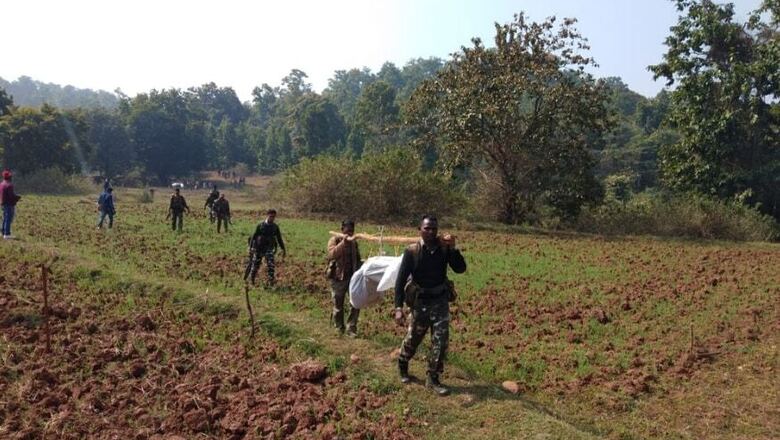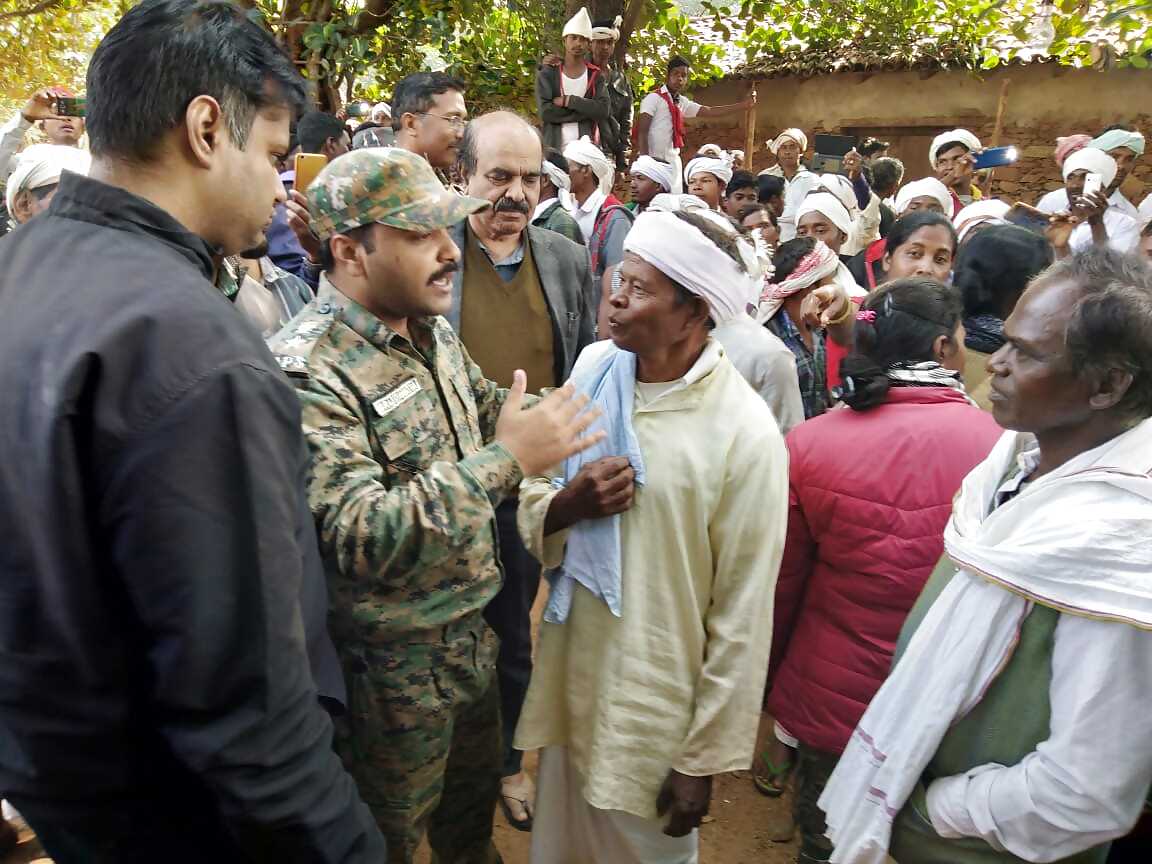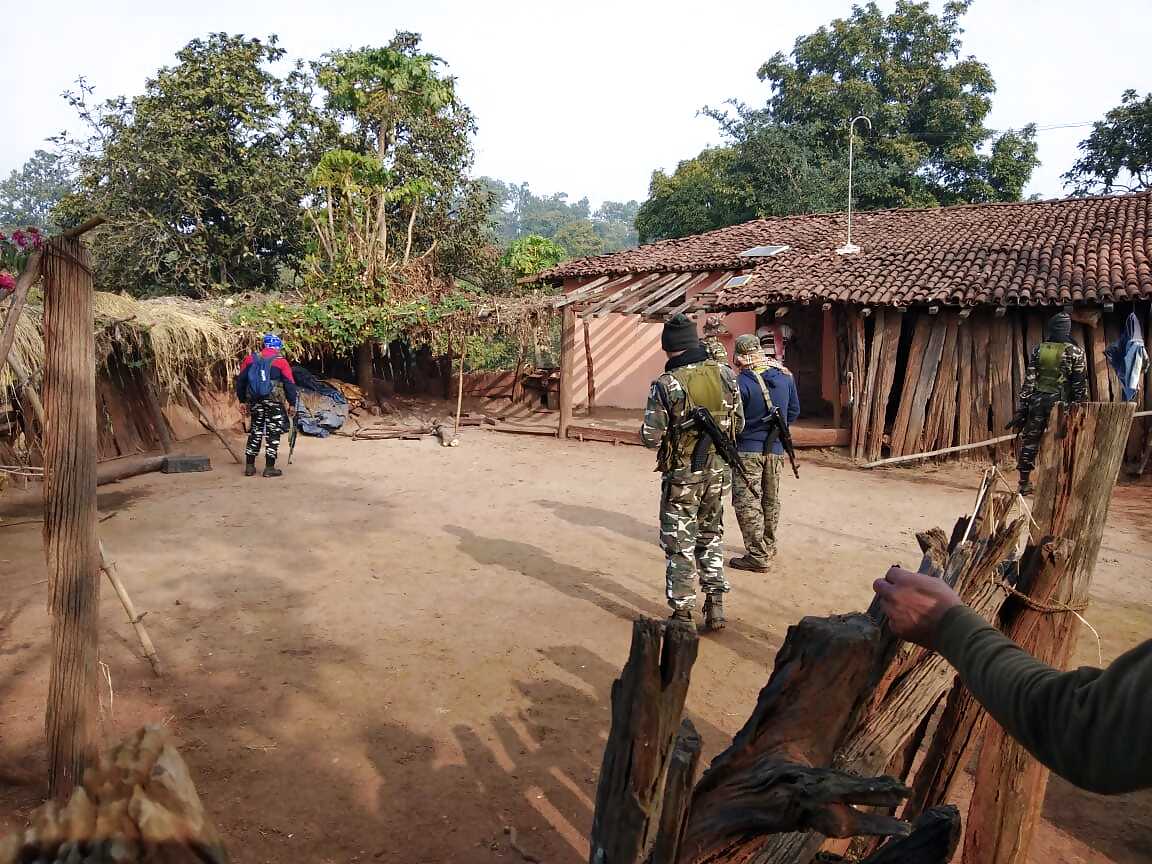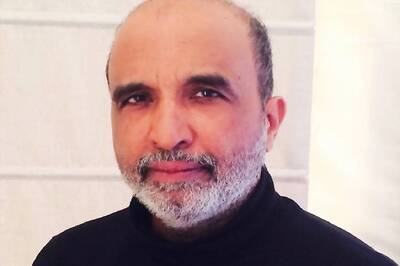
views
New Delhi: For the first time since Wednesday when reports of seven tribals being murdered in an area affected by the Patthargarhi movement in Jharkhand came out, News18, after speaking to sources in the state police and home departments, pieced together information about the horrific killings and how repeated intelligence warnings to the state and Centre about Patthargarhi-related violence spiraling out of control were ignored over the past few weeks.
Highly placed sources told News18 that detailed intelligence briefs replete with evidence was shared both with the Centre and state government warning them that such violence was growing out of control and would continue to do so unless some concrete steps are taken against it.
The incident
According to sources, the incident happened on Sunday when a group supporting the Patthargarhi movement kidnapped and brutally killed members of another group that was against it.
Police sources said, so far, seven bodies have been found, but two persons are missing and feared to have been killed. Hence, the total toll of Sunday’s violence could be nine.
“The incident is a fallout of what we have been witnessing in the area for the past few months. There is a very aggressive group of tribals who are vociferously carrying out their Patthargarhi drive — prohibition on all government-run institutions and facilities, while another group of tribals have been raising voice against this forcible ‘exclusionist’ movement. They don’t want to be a part of this,” said a senior state police officer.

(Police officers talk to villagers in West Singhbhum district)
He added that fissures were clearly visible in areas like East and West Singhbhum, Khunti, Murhu, Adki, Tebo and Bandgaon, in November last year when Patthargarhi supporters started confiscating and destroying Aadhaar and ration cards.
“They wanted the decree of only their self-styled tribal government to run in the place and didn’t want people availing government facilities. There was a pushback by people who argued that without these cards, they would not be able to facilitate the education for their children or ration for their families. There were minor skirmishes. That these skirmishes would turn into full-blown gang-wars was also clearly visible. Information about the same was shared with both the state and Union governments, but nobody paid any heed,” the officer added.
Even in West Singhbhum’s Gulikhera village, where the incident took place on Sunday evening, there were clear signs of growing social fissures.
“These areas are located in very difficult terrains. One has to cross two mountains before reaching these far-flung villages where till today, communication and mobile phones haven’t reached. Which is why, while the incident happened on Sunday, it took police two days to fish out the bodies… Last Thursday (January 16), a clash happened between supporters and non-supporters of the Patthargahi movement. On the night of January 17, the group that is not in favour of the drive demolished houses of the leaders spearheading the exclusionist movement. A day later, the Pathhargarhi leaders, armed with sickles and axes, dragged members of the other group out of their houses to the forests and cut off their heads. The bodies were in such a bad shape that they couldn’t be recognised,” said an officer with the Home Department.
Reactions
Officials in the administration have been blaming the ‘hasty’ pardon that was granted by Jharkhand Chief Minister Hemant Soren to all the adivasis who were involved in the Patthargarhi movement and were charged under various sections of the Indian Penal Code and Code of Criminal Procedure.
Soren’s first act as CM — to pardon the booked triabals — was seen as his ‘gift’ to the tribal community which had thrown its entire weight behind the JMM leader.

(Security forces at Gulikhera village in West Singhbhum where the incident took place on Sunday)
“The brief from the intel agencies to the Centre and state was clear — do not take such hasty decisions. Set up a board, investigate these crimes and let only those people go whose crimes are pardonable. When you take such decisions (of withdrawing cases against the guilty), it encourages people to take law into their hands. This is exactly what has happened and will continue to happen unless the CM takes some strong steps against it,” the officer added.
However, sources within the government, which has ordered an SIT probe into the incident, say Soren’s pardon move and Sunday’s violence should not be connected with each other.
“I think we should wait for the SIT report to come out before criticising Soren for taking this decision… Having said that, I would also state that this violence has surely been a setback to many more moves that we were planning in the same direction. We may not be able to take such progressive and bold steps at least for the time being,” the source said.
In August 2017, over 100 policemen, including the Khunti Superintendent of Police and 50 CRPF personnel, were held hostage for 12 hours by thousands of angry Adivasis after forces tried to remove barricades put up by the locals to regulate the movement of people in Kanki, a Patthargarhi village.
There have been many more such instances when Adivasis and security personnel have clashed though there haven’t been any violence.
However, officers in the home department and police force are clear —unless effective measures are taken to curb this growing menace, the exclusionist movement could easily turn into something much worse.




















Comments
0 comment